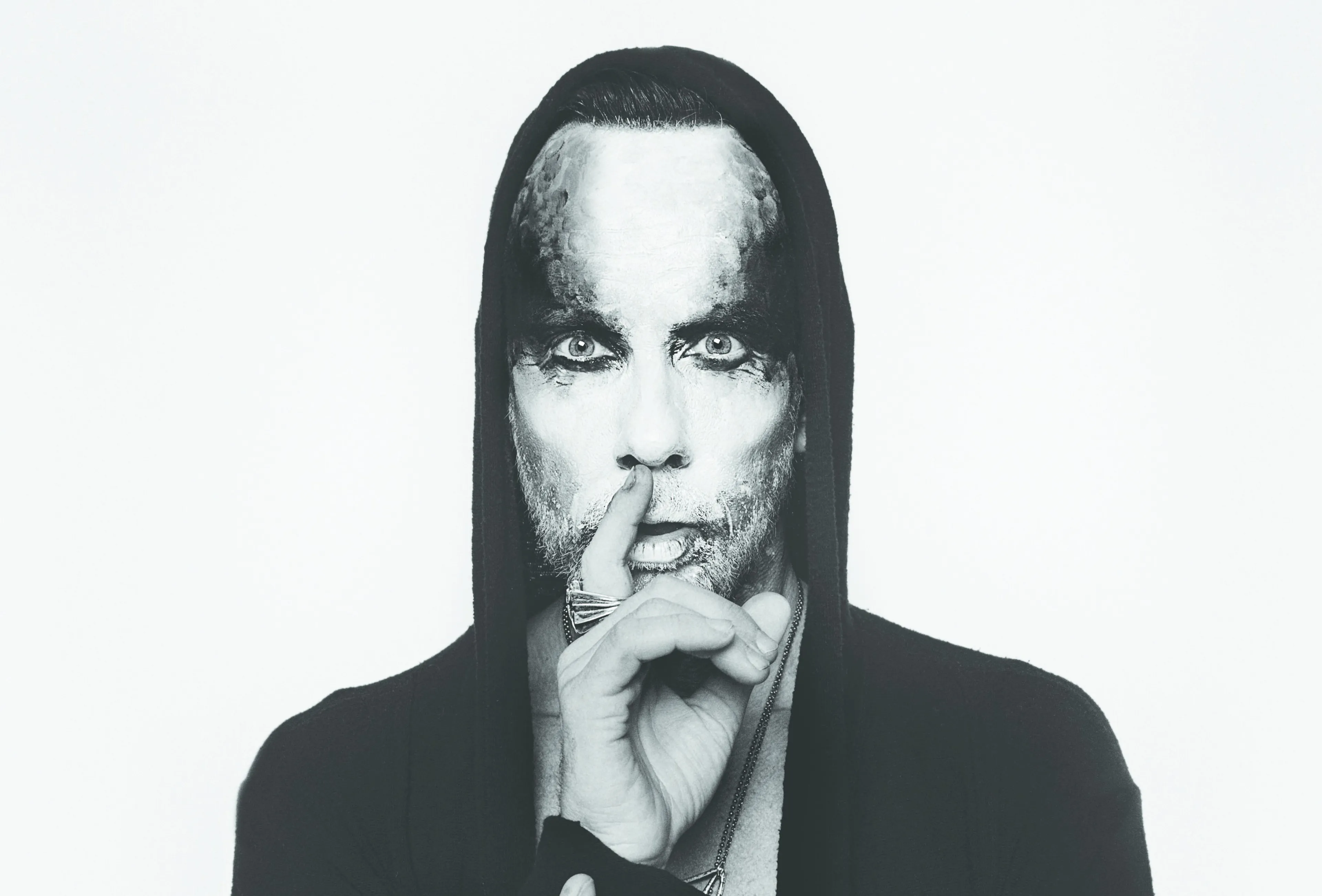What impact did landing that early record deal with Tomasz Krajewski and Pagan Records have?
“In the early-‘90s, releasing a CD was an expensive process. With the inflation in Poland’s early democracy – no exaggeration – the average monthly wage would buy you maybe only three or four CDs. They were luxury products. For 16 or 17-year-old kids living in a block of flats with our parents and no money because we were at school, it meant the universe. It was a game-changer!”
You still went into education, though…
“I had decided to quit education, and then I had a wake-up call. I was 18 or 19 and I was busy, but the band wouldn’t pay my bills. I was already living on my own, I had my own shitty Polish car, and I was just about to get my first cell phone. I was broke as fuck. My parents were happy to support me – while I was still in full-time education…”
You finished, qualifying to be a museum curator, too, right?
“When the band became strong enough to support me, of course I could’ve quit, but when I start something I like to finish. If I play side A, I play side B…”
Isn’t educating yourself part and parcel of that refusal to blindly follow?
“I prescribe to [Calvin Coolidge’s philosophy], ‘The world is full of educated derelicts.’ I felt that joining the university community would help expand the potential of my brain. I like the duality of being that absolute savage onstage, splattered in blood, blaspheming, making occult symbols, and on the other hand, I have a diploma and I can put a sentence together. That’s why I called my book Sacrum Profanum [The Sacred And The Profane].”
Do you ever actually intend to practice asa museum curator?
“Never (laughs)! That’s not my energy. I love to read and to see stuff, but do I want to be in there covered in dust? No, I’m born to do things using my weapons, my energy and my ADHD.”
Those attributes are better suited to running barbershops, nightspots and – most impressively – acting as a judge on Poland’s The Voice, right?
“I did The Voice to satisfy my curiosity. I wanted to see the TV world. I wanted to face that beast, to see if it was cool or not. And when I was doing it, I was digging it. I was transparent about the money, too. When I came out of hospital, I was in debt. The band wasn’t making money. I had to pay medical bills. I needed money and I did it to survive. But there’s nothing wrong with combining business and pleasure.”
